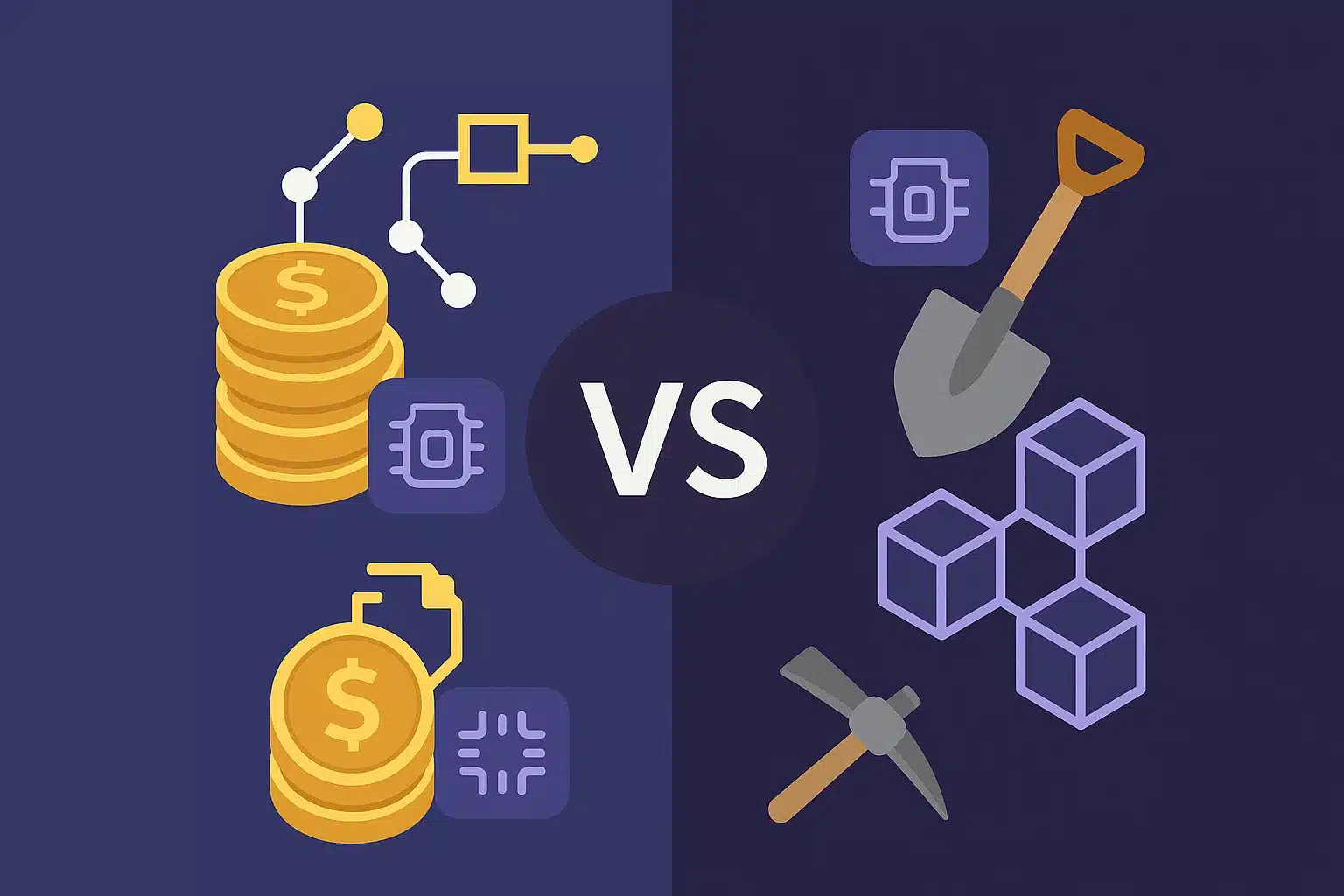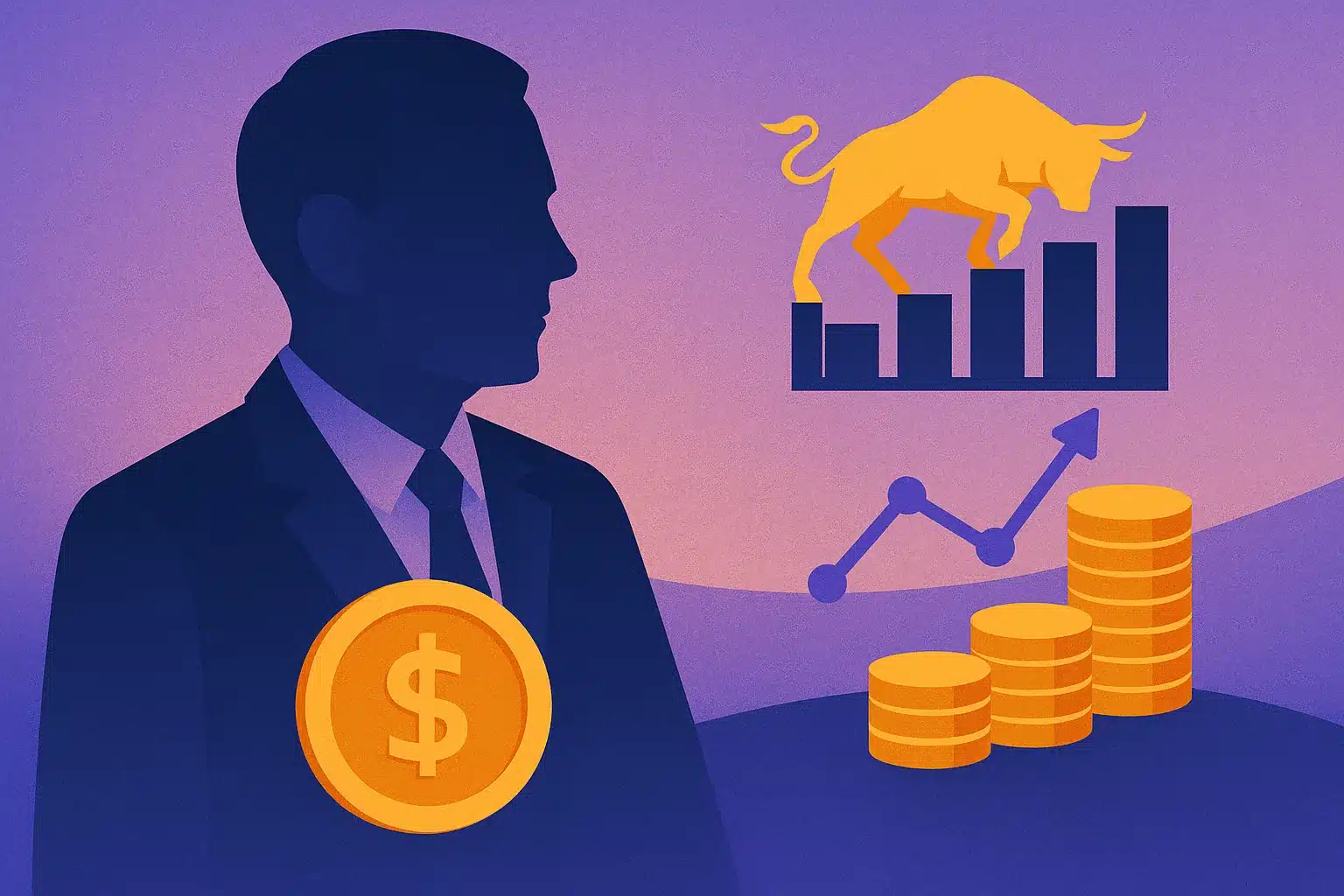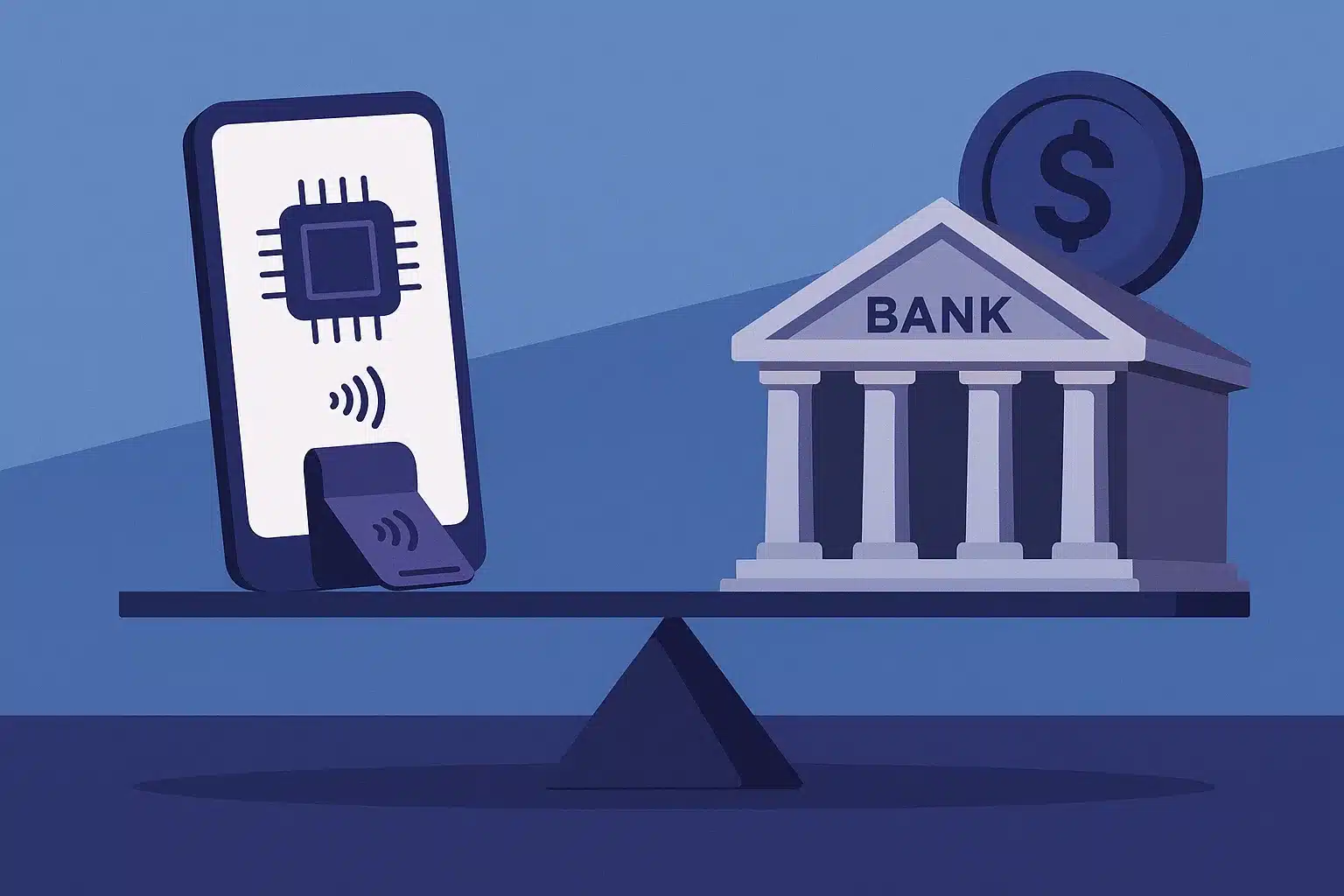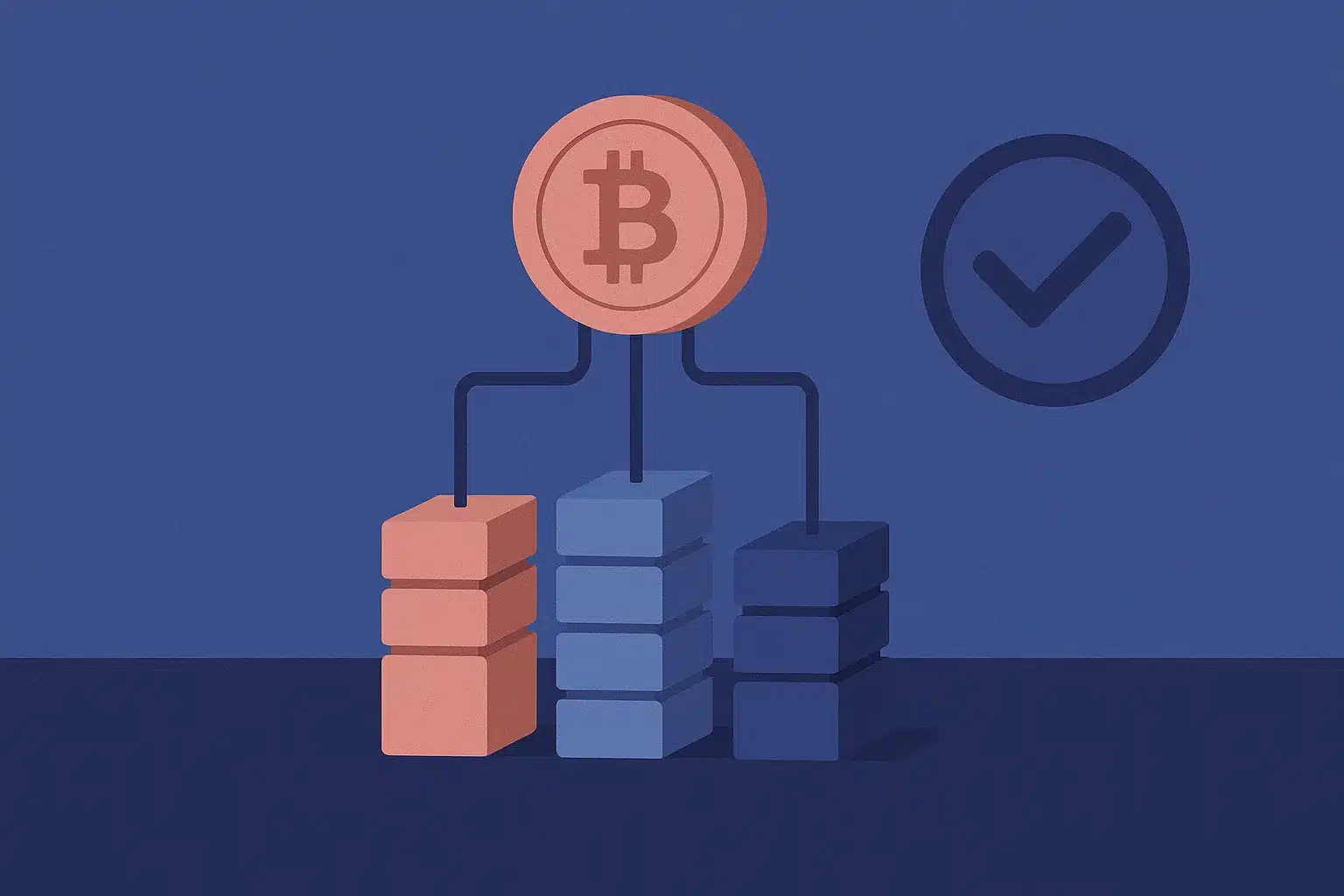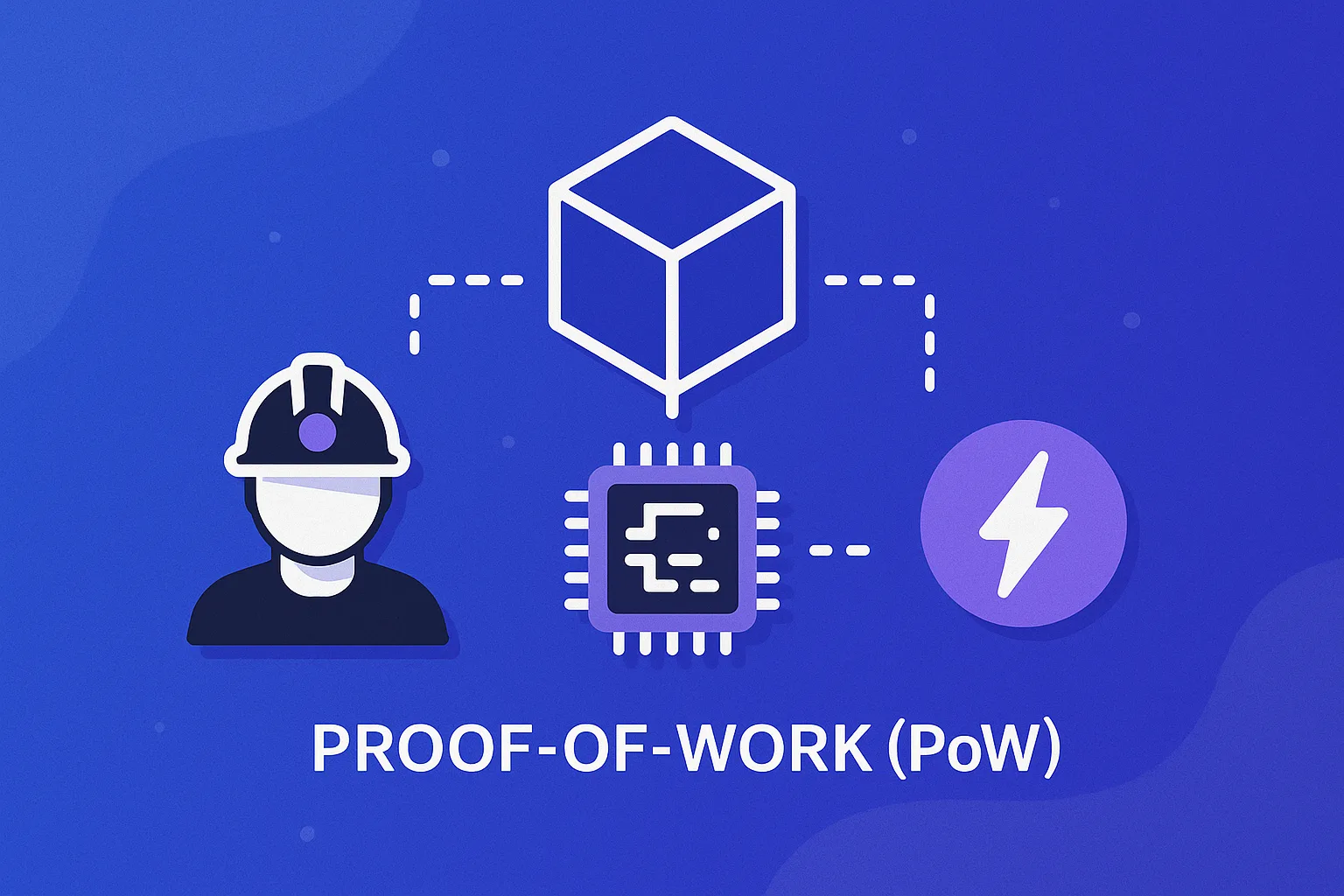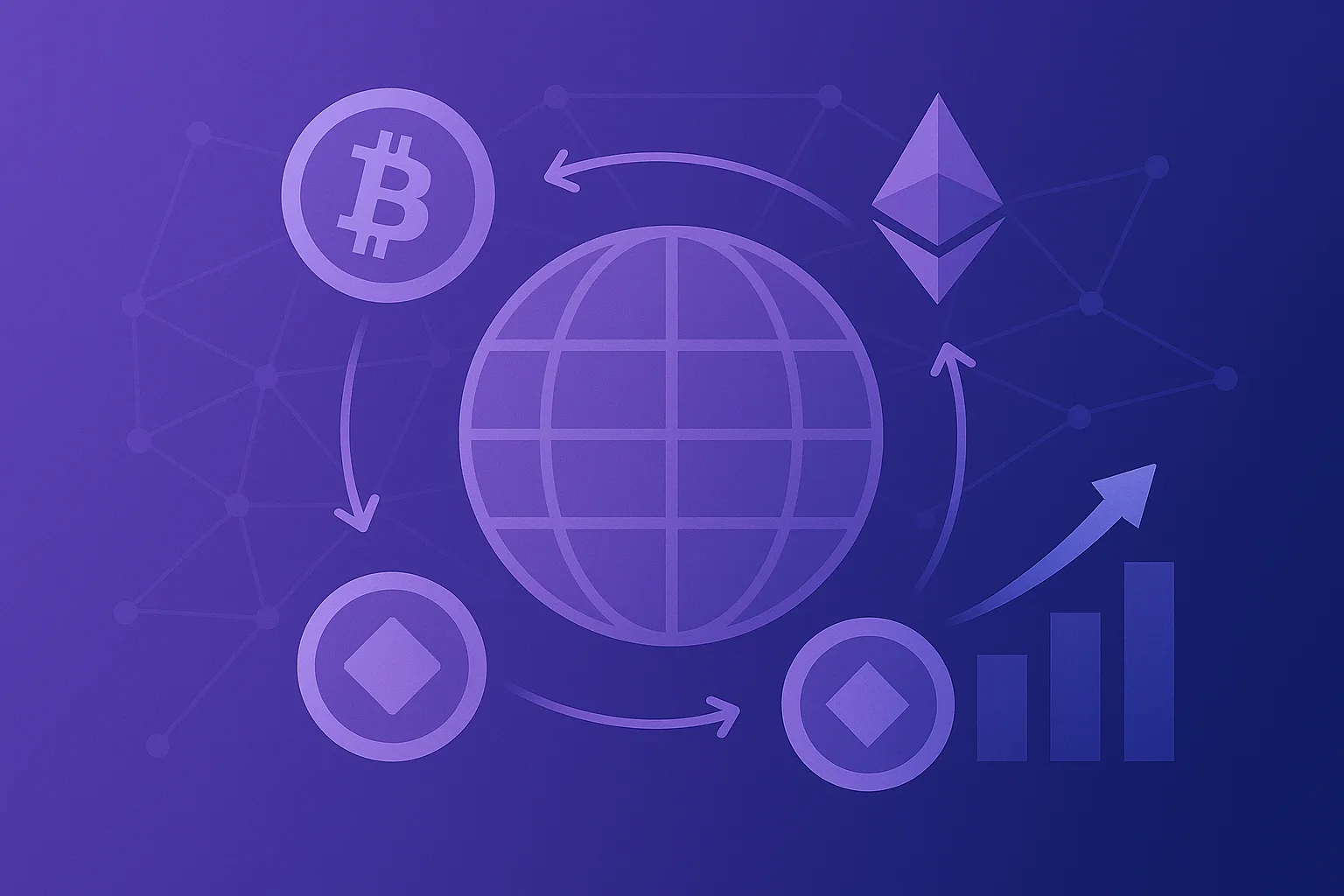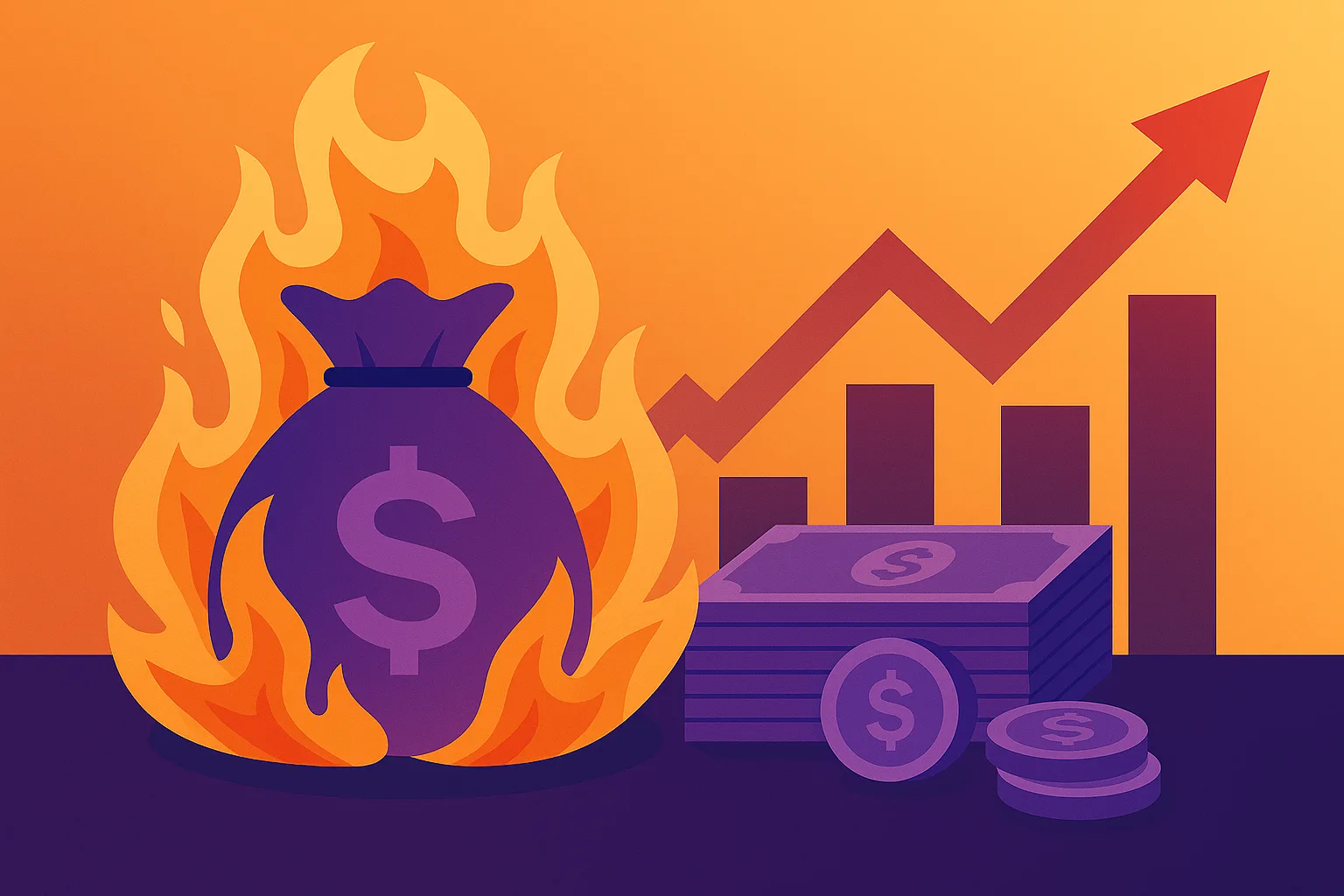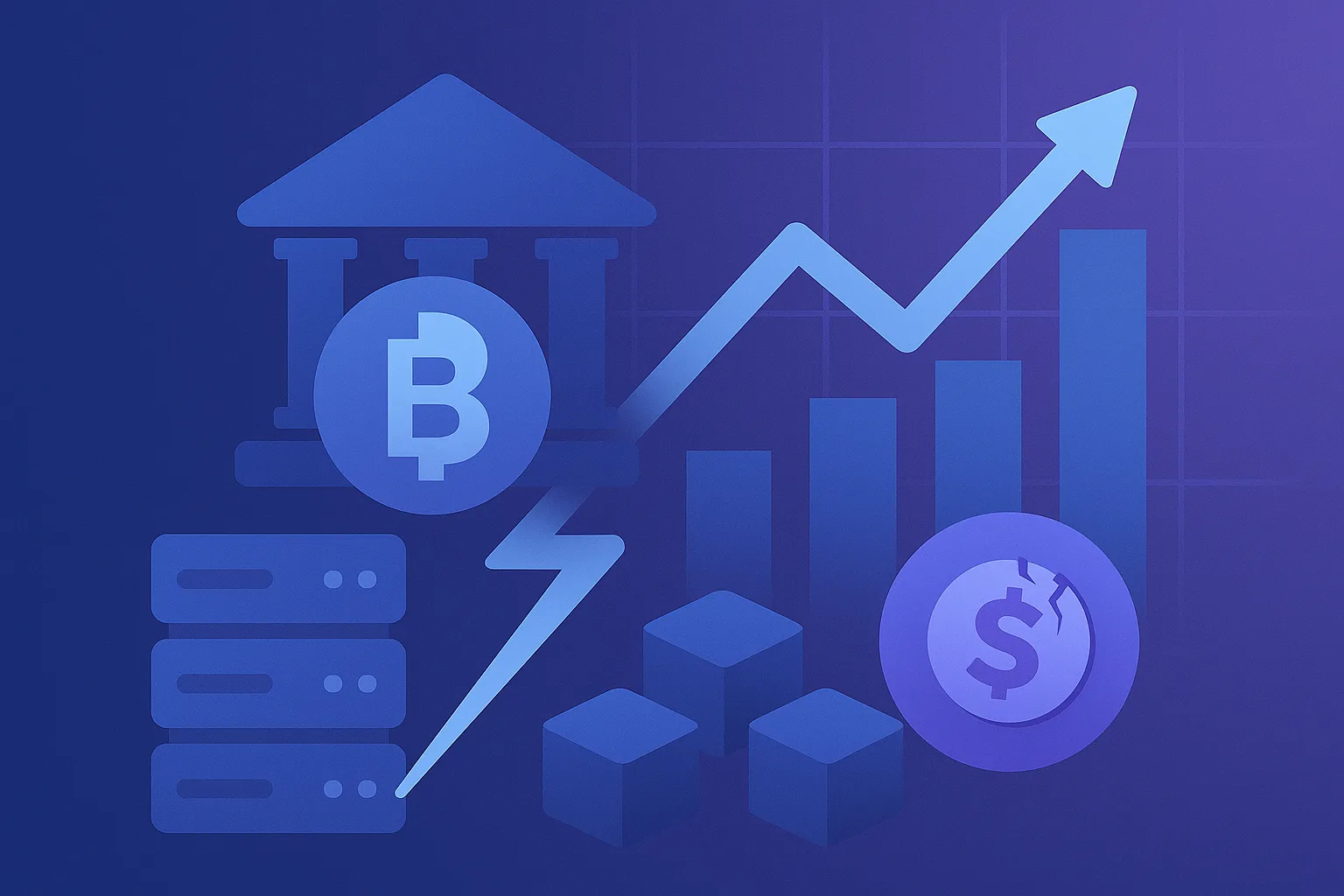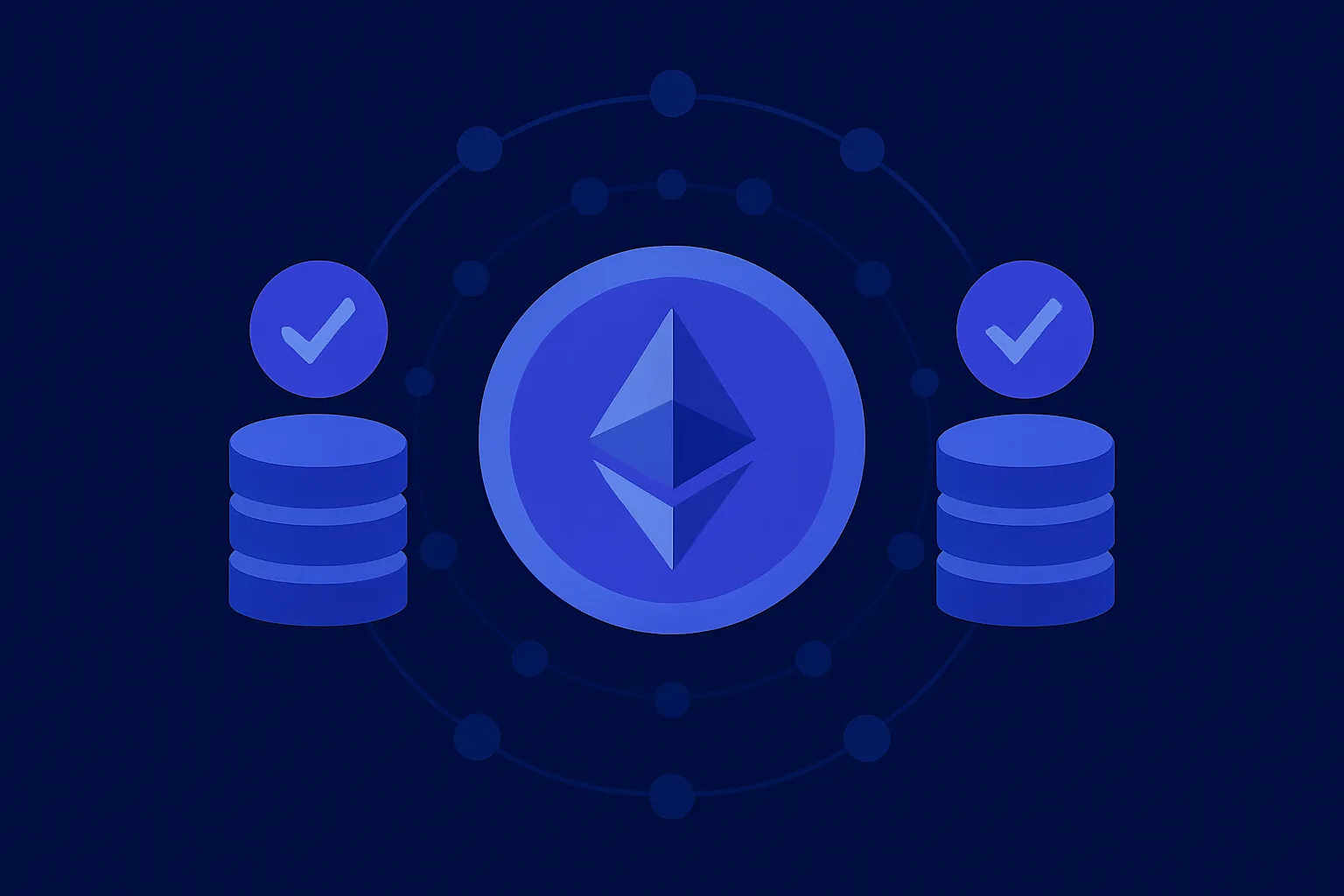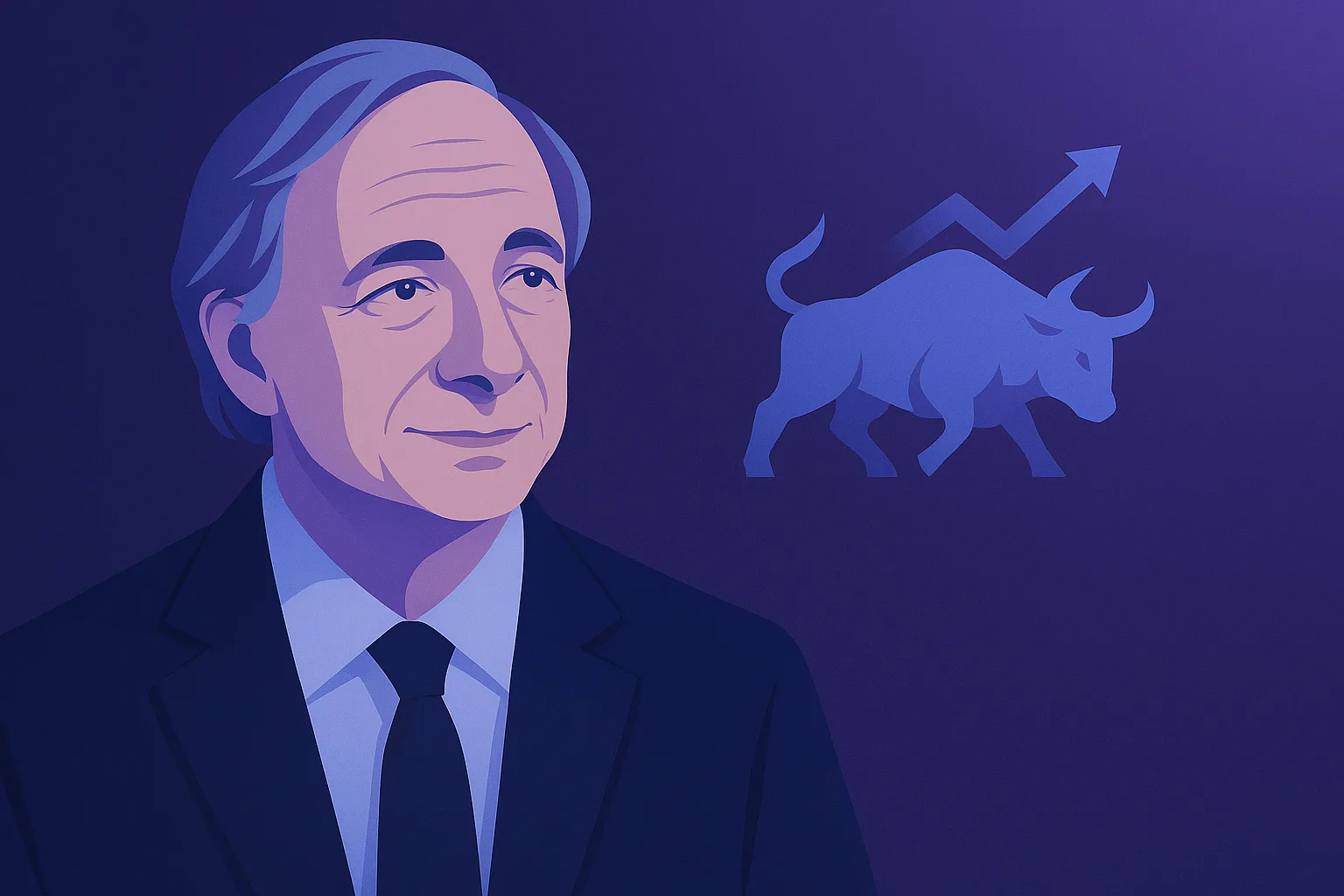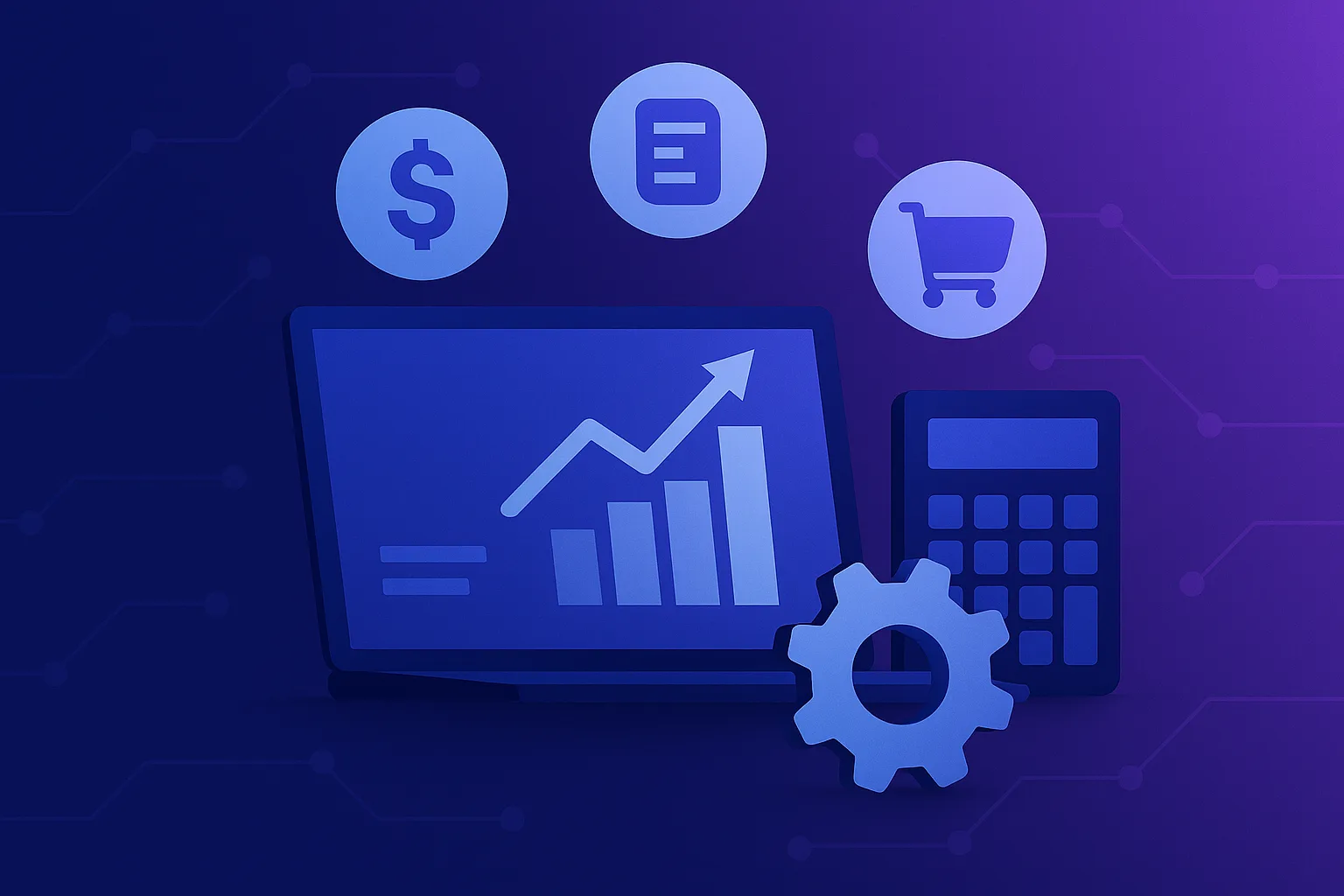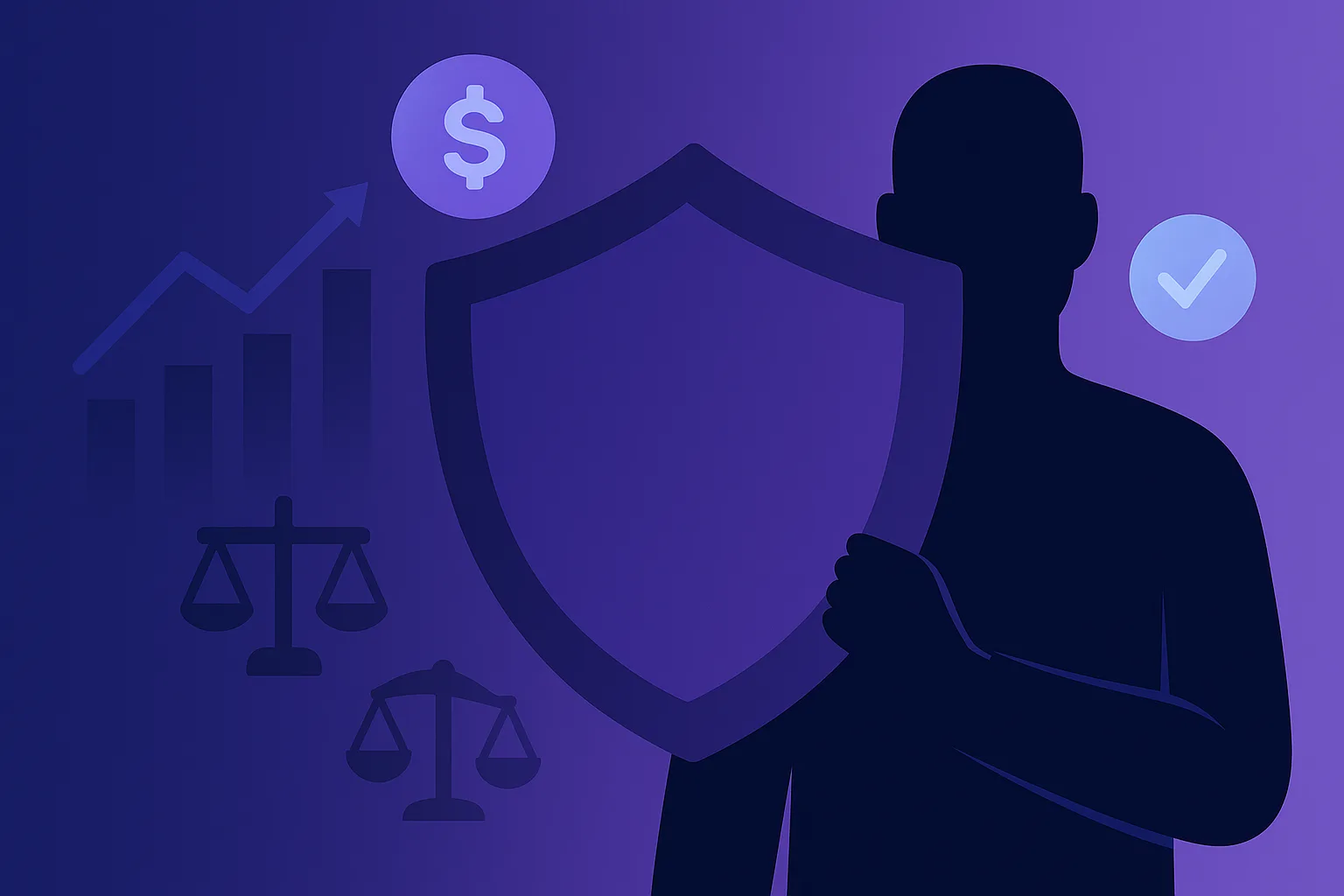Analysis
Explore in-depth fintech analysis covering industry trends, technological shifts, market developments, and company strategies. Fintech Review delivers thoughtful commentary on the ideas, forces, and innovations shaping the future of financial services.
-
Modern Tech Features No Startup Can Ignore
When starting a business, you might not be in a position to add every tech feature that you’d ideally like. …
-
Proof-of-Stake vs Proof-of-Work
The rise of cryptocurrencies has brought with it new ways of securing digital money. At the heart of blockchain technology …
-
Legendary Investor Profile: Warren Buffet
Warren Buffett is the most studied investor of the modern era. His career spans seven decades and many crises. He …
-
Is Yield Farming Still Profitable in 2025? A Reality Check on DeFi Returns
Yield farming was once seen as a gold rush in the decentralised finance world. Early adopters enjoyed triple-digit returns, and …
-
Is Climate Finance Dead?
Short answer: no, but it is changing shape, and too little of it is reaching the places and projects that …
-
Fintechs Kill Banks? Not Really
For more than a decade, commentators have speculated that fintechs would kill banks. Startups promised to revolutionize financial services, strip …
-
What is Staking?
Staking has become one of the most popular ways for cryptocurrency holders to put their assets to work. It refers …
-
Anchorage Digital Review: Institutional Crypto Custody and Beyond
Anchorage Digital has become one of the most talked-about names in institutional crypto. In a sector where security, compliance, and …
-
Introduction to Smart Contracts
Smart contracts are one of the most important innovations to emerge from blockchain technology. They promise to automate agreements, remove …
-
Is Crypto a Good Investment?
Crypto can be a useful satellite in a diversified portfolio. But only if you treat it for what it is: …
-
What is Proof-of-Work (PoW)?
Proof-of-Work, commonly abbreviated as PoW, is the original consensus mechanism that powers Bitcoin and many other blockchains. It is the …
-
Fiat Money is Money?
Money is one of the most fundamental inventions of human society. It allows people to exchange goods and services, store …
-
Infographic: Future of Cross-Chain Technology
Why it matters The Future of Cross-Chain Technology is a shift from single networks to a truly multi-chain web. Interoperability …
-
Inflation is Destroying your Wealth
Inflation is one of the most important forces in economics, yet many people underestimate its impact. When prices rise steadily …
-
Core Banking Modernisation: Why Legacy Systems Are Breaking Fintech Speed
Fintech has reshaped the financial services industry. Customers now expect fast, seamless, and personalised digital experiences. From instant payments to …
-
What is Proof-of-Stake (PoS)?
Proof-of-Stake, commonly abbreviated as PoS, is one of the most important consensus mechanisms in blockchain technology. It underpins the security …
-
Legendary Investor Profile: Ray Dalio
Ray Dalio is one of the most recognisable names in global finance. As the founder of Bridgewater Associates, the world’s …
-
SaaS Finance Tools: Enabling Smarter, Scalable Business Operations
Software as a Service (SaaS) has transformed how businesses manage everything from customer relationships to project planning. Now, finance is …
-
Consumer Protection in Finance: Who Cares?
Consumer protection in finance has always been a delicate balancing act. On one side, financial institutions pursue profit and innovation…


